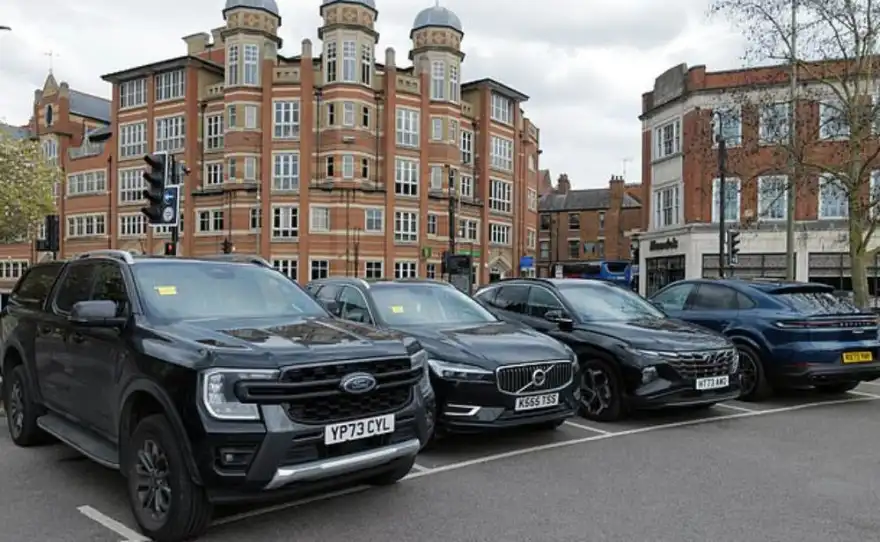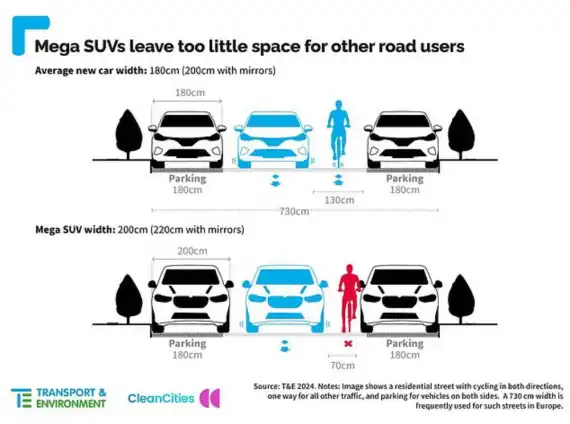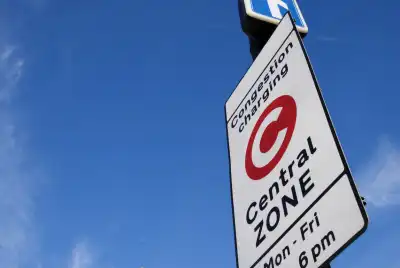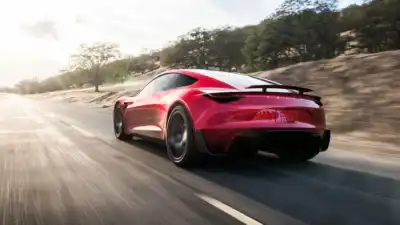
People walking or cycling are far more likely to die if hit by an SUV rather than a smaller car like a hatchback or saloon, according to new research.
A study by the London School of Hygiene and Tropical Medicine (LSHTM) and Imperial College London shows that being hit by an SUV increases the chance of death by 44% compared to being hit by a regular car. For children, the risk jumps to 82%.
The findings are based on analysis of over 680,000 road collisions across 35 years—a period when SUV sales have rapidly increased. In 2024, one in three new cars registered in the UK was an SUV. That’s a huge jump from just 12% a decade ago.
Why are SUVs more dangerous to vulnerable road users?
SUVs are bigger, taller, and heavier than traditional cars. These design features, while appealing to drivers for visibility and space, make them deadlier in a collision with a person on foot or on a bike.
Instead of hitting an adult in the legs, an SUV strikes higher up—around the pelvis. For children, the point of impact is often the head. SUVs also have squared-off fronts, meaning people are more likely to be thrown forward and hit again or run over.
Researchers reviewed 24 studies from across the world, including the US, Germany, France, and the Netherlands. They estimate that SUVs make up around 20% of car crashes in Europe and 45% in the US. If SUVs were replaced by smaller cars, the number of pedestrians and cyclists killed in crashes could fall by 8% in Europe and 17% in the US.

Growing concern over SUV popularity
Anna Goodman from LSHTM, who led the study, says the rise in large car sales is putting more people at risk and undoing progress in road safety.
“There’s a clear link between the increase in big vehicles and higher fatality rates for vulnerable road users,” she said. “Some cities are already introducing measures to limit SUV use, and our research supports these efforts.”
Tanya Braun from road safety charity Living Streets agreed, warning: “SUVs make roads more dangerous, especially for children. Nearly 50 children are killed or injured as pedestrians in England every day. We urgently need more safe zones and better infrastructure to protect them.”
What do others say?
IAM RoadSmart, a road safety charity, disagrees with banning SUVs outright. Their policy director, Nicholas Lyes, says: “SUVs are popular because they’re practical and good for handling poor road conditions. Yes, they pose more risk to pedestrians, but the key issue is driver skill, not just vehicle type.”
The Department for Transport added that the government is already supporting schemes like School Streets to limit traffic near schools and keep children safe.
SUV sales on the up
SUVs are now the UK’s most popular new car type. In 2024, they made up 33% of new car registrations—up from 12% in 2014. Eight of the ten best-selling cars in the UK last year were SUVs or crossovers.
Their popularity comes down to space, comfort, higher driving positions, and towing ability. Manufacturers have responded to demand. For example:
- Volkswagen offers 10 SUV models—44% of its total range.
- Audi and BMW each offer 11 SUV models.
- Brands like Kia, Ford, Mercedes, Toyota, Nissan, and Hyundai also have SUV-heavy lineups.
Mike Hawes, chief executive of the Society of Motor Manufacturers and Traders (SMMT), says: “Drivers like SUVs for their versatility and comfort. Plus, many are now electric, which helps cut emissions.”
But there are other issues with SUVs
Apart from safety concerns, campaigners and researchers have raised three other major criticisms:
1. Pollution
SUVs are large and heavy, making them less efficient. According to the International Energy Agency, SUVs were behind over 20% of the growth in global CO2 emissions in 2023. If SUVs were a country, they’d be the world’s fifth largest emitter.
Some activists have deflated SUV tyres to protest their environmental impact, even targeting electric models.
2. Size and Parking Problems
SUVs are often too big for standard UK roads and parking spaces. The average new car is now 180cm wide—200cm with mirrors—and "mega SUVs" can be up to 220cm. Some councils are fining drivers if their SUV doesn’t fit in a space or are charging them more to park.
Cities like Cardiff, Bristol, Bath, and some London boroughs are already introducing higher parking fees for large, polluting vehicles.
3. Potholes and Road Damage
Heavier cars, especially SUVs, put more strain on road surfaces. The average new car weighs 400kg more than it did two decades ago.
The Clean Cities campaign says a two-ton SUV can cause up to 16 times more road damage than a smaller car. A YouGov poll found that over half of UK drivers support extra taxes on SUVs to help cover pothole repair costs.
Higher Taxes for SUVs
From April 2025, the government increased Vehicle Excise Duty (VED) on higher-polluting vehicles. Many new SUVs now cost thousands of pounds in first-year tax.
Some of the most expensive models to tax include:
Land Rover Defender V8: £5,490
Porsche Macan and Cayenne
Maserati Levante
Jeep Wrangler
Campaigners want more targeted taxes, based on a mix of a car’s weight, emissions, and how far it’s driven.
Nick Molden from Emissions Analytics has called for a new formula that factors in both a car’s environmental impact and how much it damages roads.


